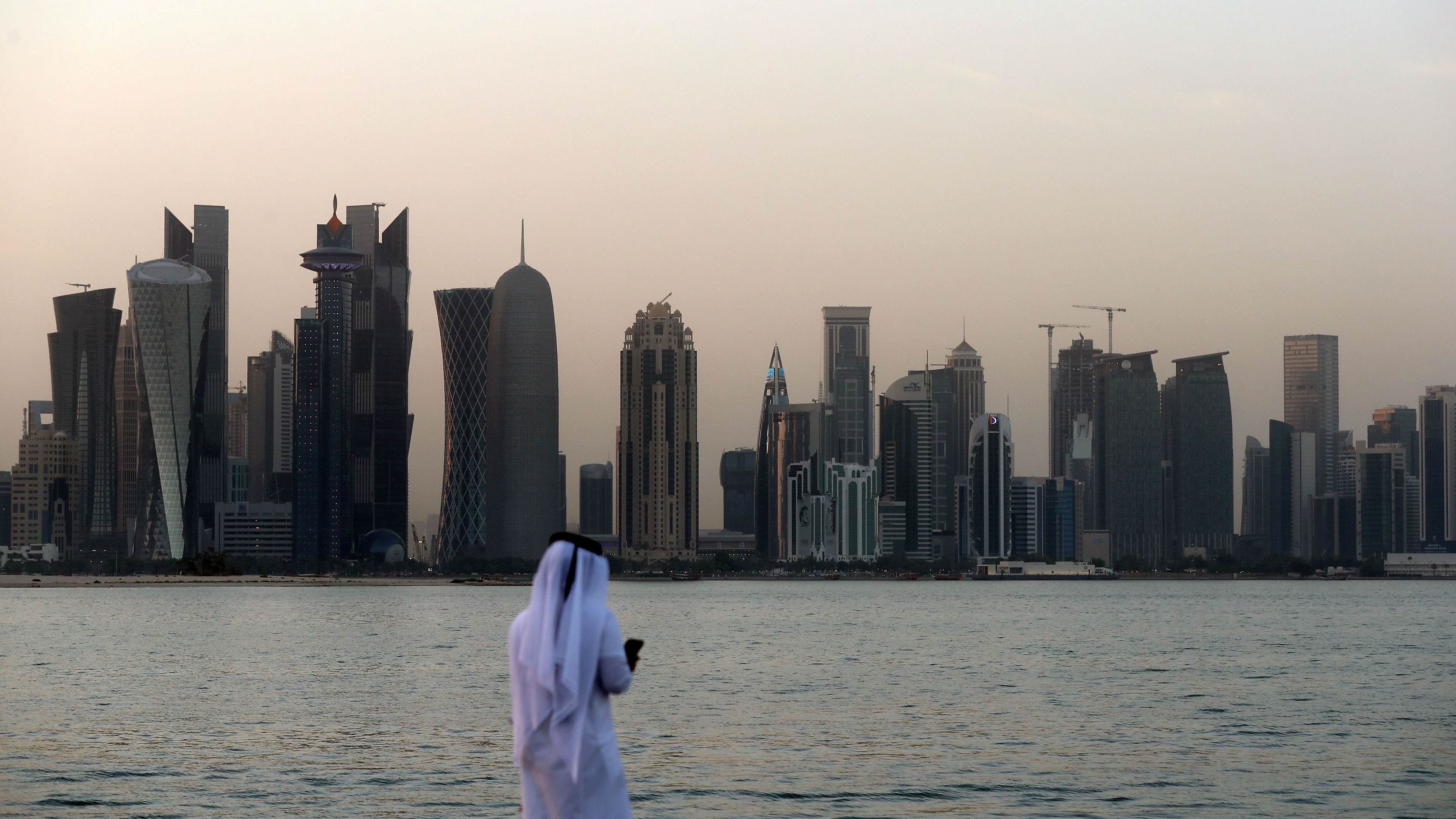The richest country in the world
The UK lags behind the wealthiest nations as ‘storm clouds’ gather over economy

A free daily email with the biggest news stories of the day – and the best features from TheWeek.com
You are now subscribed
Your newsletter sign-up was successful
Economists are warning that Brexit is having a severe impact on the UK economy despite a growth pick-up in May.
New figures from the Office for National Statistics show that the gross domestic product (GDP) was up by 0.3% compared to the previous month.
The publication of the data comes a day after Bloomberg reported that economists surveyed by the financial news site were predicting a 0.1% contraction for the three months to June - which if correct, would be the first time that the UK economy has shrunk since 2012.
The Week
Escape your echo chamber. Get the facts behind the news, plus analysis from multiple perspectives.

Sign up for The Week's Free Newsletters
From our morning news briefing to a weekly Good News Newsletter, get the best of The Week delivered directly to your inbox.
From our morning news briefing to a weekly Good News Newsletter, get the best of The Week delivered directly to your inbox.
Regardless of the May rebound, experts remain concerned, noting that the dominant services industry stagnated, says the BBC.
Ben Brettell, senior economist at Hargreaves Lansdown, says: “Storm clouds look to be gathering over the UK economy, as consumers and business remain hamstrung by Brexit uncertainty.”
So how does the UK’s wealth compare to other countries, and which nation is the richest in the world?
The answer depends on how you measure riches.
A free daily email with the biggest news stories of the day – and the best features from TheWeek.com
–––––––––––––––––––––––––––––––For more news analysis - and a concise, refreshing and balanced take on the week’s agenda - try The Week magazine. Get your first six issues free–––––––––––––––––––––––––––––––
According to data published in April by the International Monetary Fund’s World Economic Outlook Database, the country with the greatest GDP is the US, followed by China, Japan, Germany and India. The UK is next, in sixth place.
But while GDP “measures the value of all goods and services produced in a nation, dividing a country’s GDP by the number of the full-time residents is a better way of determining how rich or poor one country’s population is relative to another’s”, argues Global Finance.
The financial news magazine has used purchasing power parity (PPP) - which takes into account inflation rates and the cost of local goods and services - to adjust GDP per capita figures and rank the richest countries in the world.
Judging with this method, the richest nation is Qatar. The peninsular Arab country’s “oil, gas and petrochemical reserves are so large, and its population so small - just a little over 2.6 million - that it has topped the list of world’s richest nations for 20 years”, says Global Finance.
Macao, an autonomous region on the south coast of China, and Luxembourg are in second and third place respectively, with Singapore and Brunei rounding out the top five.
Meanwhile, the US falls to 12th place while the UK is 29th, just below France and above Oman.
However, the International Monetary Fund (IMF) has warned that such measures of wealth should be taken with a pinch of salt.
“We are dealing with averages and in any given country, structural inequality can tip the balance in favour of the already privileged,” explains Global Finance.
Some countries at the top end of the list are also tax havens, meaning “wealth originally generated in other countries ends up inflating their GDP” with “no real influence on a country’s economy and people’s financial well-being”, the magazine adds.
Another measurement for a country’s wealth is gross national income, or GNI. “This measure captures all economic activity within a nation’s borders in addition to wealth created by nationally owned entities operating in other countries,” explains financial site 24/7 Wall Street.
According to data from The World Bank, Qatar also tops the list for GNI-PPP. Macao is again in second place, followed by Singapore, Brunei and Kuwait, while the UK lags behind at No.27.
–––––––––––––––––––––––––––––––For more news analysis - and a concise, refreshing and balanced take on the week’s agenda - try The Week magazine. Get your first six issues free–––––––––––––––––––––––––––––––